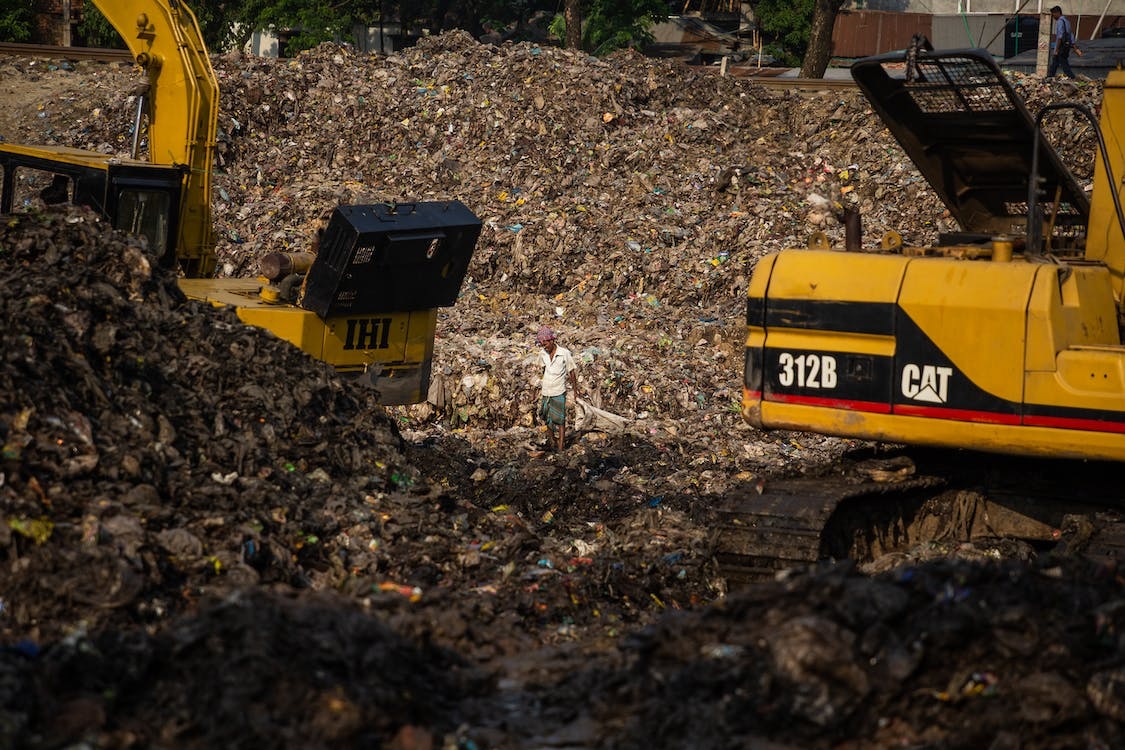Waste Management: A Comprehensive Approach to Sustainability
Introduction:
Waste management is a critical aspect of maintaining a clean and sustainable environment. It involves the collection, disposal, and recycling of various types of waste materials generated by human activities. Effective waste management not only helps reduce environmental pollution but also conserves resources and supports a circular economy. In this essay, we will explore the importance of waste management, its key components, challenges, and sustainable solutions.
Importance of Waste Management:
- Environmental Protection: Proper waste management prevents pollution of air, water, and soil. It reduces the release of harmful chemicals and greenhouse gases into the environment, mitigating climate change and protecting ecosystems.
- Resource Conservation: Recycling and reusing waste materials conserve valuable resources such as metals, plastics, and paper. This reduces the need for virgin resources, helping to preserve natural habitats and biodiversity.
- Health and Safety: Inadequate waste management can pose health risks to communities. Proper disposal of hazardous waste ensures the safety of individuals and the environment.
Components of Waste Management:
- Waste Generation: The process begins with the generation of waste materials through various activities, including households, industries, agriculture, and construction.
- Collection: Collected waste is transported to transfer stations or sorting facilities where it is categorized and prepared for disposal or recycling.
- Treatment and Disposal: Non-recyclable waste is typically disposed of in landfills, incinerated, or used in waste-to-energy facilities. Hazardous waste undergoes specialized treatment to neutralize or contain its harmful properties.
- Recycling: Recyclable materials like paper, cardboard, glass, plastics, and metals are sorted, cleaned, and processed for reuse in manufacturing.
- Composting: Organic waste, including food scraps and yard waste, can be converted into nutrient-rich compost for agriculture or landscaping.
Challenges in Waste Management:
- Rapid Urbanization: The growth of urban areas leads to increased waste generation, straining existing waste management systems.
- Improper Disposal: Inadequate waste disposal practices, such as illegal dumping, contribute to environmental pollution.
- Hazardous Waste: The safe disposal of hazardous waste, including electronic waste and chemicals, presents complex challenges.
- Limited Recycling: Recycling rates are often low due to insufficient infrastructure, lack of awareness, and economic barriers.
Sustainable Waste Management Solutions:
- Reduce and Reuse: Encourage the reduction of waste at the source and promote the reuse of items whenever possible. This includes adopting sustainable packaging and reducing single-use products.
- Recycling Programs: Implement comprehensive recycling programs, including curbside collection and drop-off centers. Raise awareness about the importance of recycling.
- Composting: Promote composting of organic waste, both at the household and municipal levels, to reduce landfill waste and produce valuable compost for agriculture.
- Waste-to-Energy: Invest in waste-to-energy technologies that can convert non-recyclable waste into electricity or heat while minimizing environmental impact.
- Extended Producer Responsibility (EPR): Implement EPR programs, which make manufacturers responsible for the end-of-life management of their products, encouraging sustainable design and recycling.
- Education and Awareness: Conduct educational campaigns to inform the public about proper waste disposal, recycling, and the environmental consequences of improper waste management.
- Legislation and Regulation: Enforce and strengthen waste management laws and regulations to ensure compliance and accountability.
Case Study: Sweden’s Waste Management Success:
Sweden is often cited as a model for effective waste management. The country has achieved impressive recycling rates of up to 99%, with less than 1% of household waste ending up in landfills. Sweden’s success can be attributed to:
- Incineration with Energy Recovery: Sweden incinerates a significant portion of its waste in modern facilities equipped to recover energy, providing heat and electricity to homes and businesses.
- Stringent Recycling Programs: The country has well-established recycling programs that encourage citizens to sort waste at the source, making it easier to recycle materials effectively.
- Circular Economy Approach: Sweden’s waste management aligns with the principles of a circular economy, where waste materials are seen as valuable resources.
Conclusion:
Effective waste management is essential for safeguarding the environment, conserving resources, and promoting a sustainable future. It involves a comprehensive approach that includes waste reduction, recycling, safe disposal, and public awareness. To address the global waste management challenge, individuals, communities, governments, and industries must collaborate to develop and implement sustainable solutions that reduce waste generation and minimize its environmental impact. Through collective efforts, we can create a cleaner, healthier, and more sustainable world for current and future generations.

